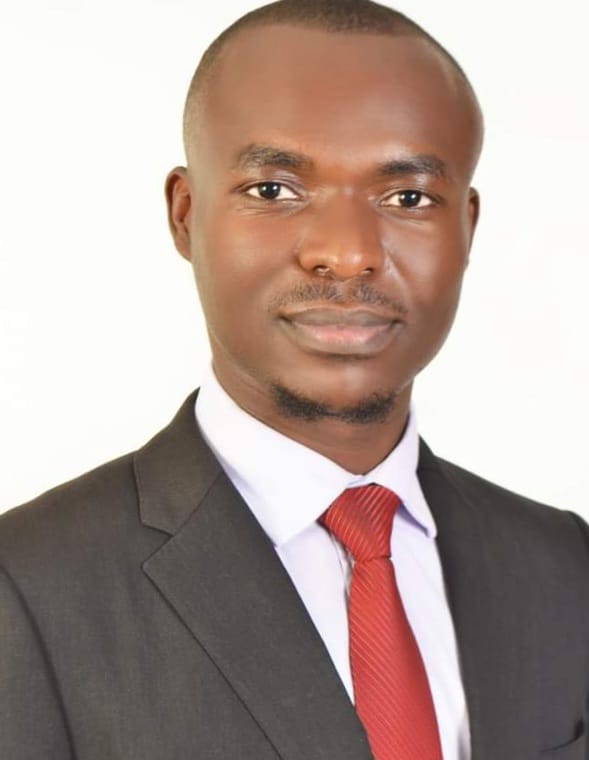By John Vianny Ayebare
In his book, Animal Farm, written many years ago, George Orwell tells us about Moses the tame raven who had made it a mission to convince other animals that there was a better world somewhere in what he called Sugar candy Mountain. Moses said that in that world, it was always holidays, and sugar and cake grew on hedges. Anybody visualizing such a world would imagine a world where everyone’s rights are respected, a world where life flourishes and good health reigns supreme.
Every 11th of July, the world remembers the World Population Day which was established by the United Nations in honor of the 11th of July 1987 when the world population hit the five billion mark. What has happened in terms of population growth since then has been extraordinary. Within just 36 years, the number of people gracing this little planet has increased by more than half to an estimated eight billion.
On one hand, this increase in population should signify increased opportunities and a well-developed support system where we all feel treasured and respected, on the other hand, it gives us an opportunity to reflect on the population issues such as family planning, gender equality, violence against others especially the vulnerable, discrimination, access to sexual reproductive services, among others.
The United Nations Population Fund (UNFPA) notes that women contribute 49.7 percent of the total world population, yet it is also evident that despite their special role in this very aspect, they still face uncertainty about their own lives while giving birth. It was revealed early this year that every two minutes, a woman dies during pregnancy or childbirth. Imagine the shame you must accept to the effect that by the time you finish reading this article, at least 3 women will have died. In Uganda, the situation is no different. About 5,500 women die every year while trying to play their natural role of bringing life on earth. This translates to one woman dying every one and a half hours.
The Constitution of Uganda is to the effect that it is the responsibility of the government to direct the health policy in the country. This position is also reiterated in a number of international instruments. For Example, Article 12 of the Convention on the Elimination of All Forms of Discrimination against Women goes further to oblige states to ensure that women access appropriate services in connection with pregnancy, confinement and the postnatal period, granting free services where necessary, as well as adequate nutrition during pregnancy and lactation. Uganda ratified this covenant without any reservations.
While the government has taken great strides to improve the conditions of women and girls through affirmative actions in representation, and education, there is a lot more to be done if we are to achieve the sustainable development goal of ensuring healthy lives and promoting well-being for all, which aims at reducing maternal mortality ratio to less than 70 per 100,000 live births. The following should therefore be done to salvage the situation.
- Strengthen the Village Health Teams to increase their capacities in monitoring the health needs of pregnant women in their jurisdictions.
- Men should be encouraged to welcome family planning methods especially those which are male centered, and to support women in accessing family planning services.
- Establish progressive budgetary commitments at both national and local levels to meet maternal needs and avert the likely dangers of refusal to attend to pregnant women because of their financial incapability. The Abuja Declaration made 22 years ago where African states committed to spending at least 15% of their budgets to the health sector should be respected.
- Strengthen Public Private Partnerships to ensure ease of access for both antenatal and postnatal care.
- Provide strict policy guidelines on stocking contraceptives and sexual reproductive services in all health centers to avoid stock outs.
Women should be empowered to make informed choices through unfettered access to sexual reproductive health services while removing barriers such as cultural beliefs, discrimination, violence, and lack of information as far as sexual reproductive services are concerned. This way, we will start looking at a world of 8 billion people as that in Sugar candy Mountain where dignity, happiness and respect for all matter.
The writer is an Intern at the Center for Health, Human Rights and Development – CEHURD.

